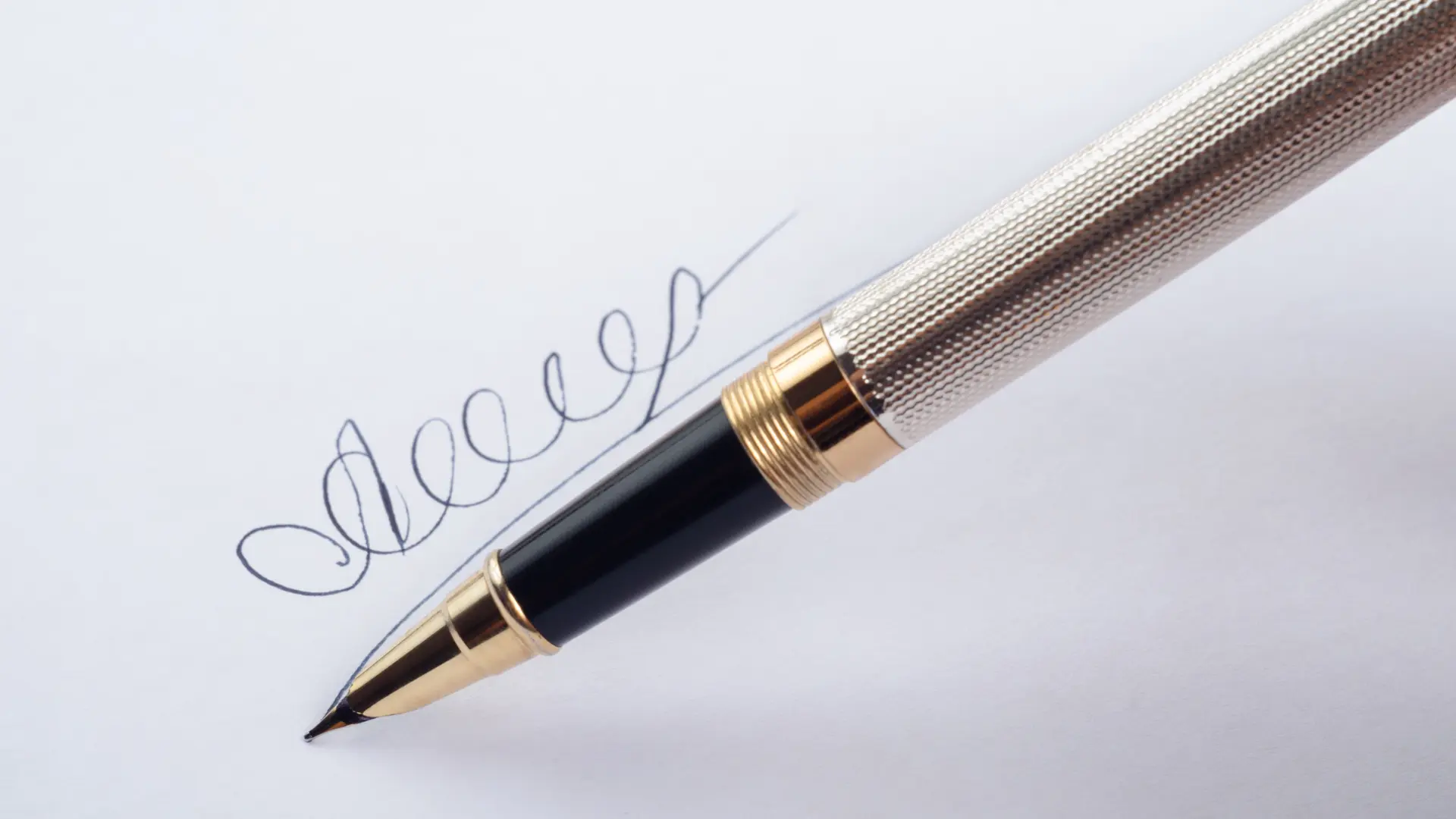

Your manual is waiting for you 🎉


Before we delve into the question of whether the signature has to be in cursive or not, it would be beneficial to understand the rudimentary concept of a legal signature. In essence, a signature is a written mark made by an individual to signify consent or confirmation. This mark must be unique to the person and be consistently reproducible by them.
A signature is essential in many aspects of life - from legal agreements and banking documents to professional and personal correspondence. Key constructs constitute a legal signature. Primarily, a person's intention of acknowledging the content of a document is a fundamental requirement for a signature.
Contrary to popular belief, there is room for variation in the formation of a legal signature. To be considered legal and binding, the signature does not necessarily need to include the full name of the signer, and it doesn't have to be in cursive writing.
Despite common misconceptions, the validity of a signature is not determined by whether it is written in cursive or printed. It’s all about the intent of the signer, not the form or aesthetics of the signature. As long as you consistently use the same signature and can prove that it is yours if contested, both cursive signatures and printed ones hold equal weight.
In reality, your signature can be anything you want it to be. Although society and tradition may favor the elegant swirls of cursive, the fact remains that your signature is a personal mark, meant to be whatever you consistently choose.
With the advent and rapid adoption of technology, traditional signatures, especially cursive, are undergoing significant transformations. Electronic signatures are becoming more prevalent in legal documents, contracts, and personal identifications. These e-signatures often appear as typed names, digitalized versions of handwritten signatures, or even as a unique pin code.
While they may not bear the aesthetic appeal of a cursive script, electronically generated signatures carry the same legal weight as their ink-based counterparts, provided they meet the necessary compliance standards set in respective e-signature laws.

Many myths revolve around the use of signature in cursive writing, primarily because this style of writing was previously used in formal, legal, and high-society contexts. Here are a few common misconceptions:
In a nutshell, there is a wide berth in terms of what constitutes a legal and valid signature. While the use of cursive signatures may be traditionally acclaimed, it is in no way a legal necessity.
No. A signature does not have to be cursive to be considered legal or valid.
Yes, your signature can be anything you want, as long as it is unique and can be consistently reproduced by you. Also, remember the legal obligations and responsibilities that a signature entails.
The choice is personal. It could be your full name, your initials, or even a unique design. The important thing is that it is consistent and unique to you. You may also find signatures around the internet to find inspiration.
It's technically possible but can lead to legal issues if there's too much inconsistency, especially in situations regarding important documents. So, it’s best to have a single, consistent signature for all purposes.